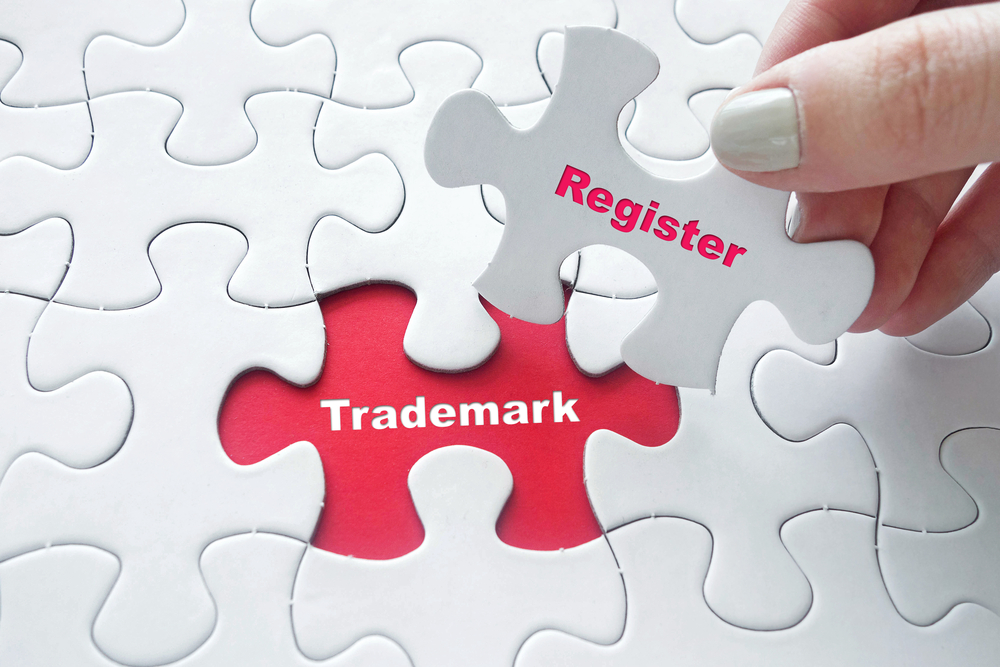5 Pitfalls of Failing to Register a Trade Mark for Your Business

There is a lot to consider as a business: finance, marketing, and website to name just a few. However, one of the easiest things to overlook when you launch your new business is its name. Too many businesses (and even established ones) get into disputes because they either do not give enough consideration to, or simply ignore, the importance of clearing and protecting their name. So let’s look at 5 pitfalls of failing to register a trade mark for your business:
1. Failing to check existing trade marks
It is your responsibility to ensure that your business name does not conflict with the names of existing businesses in your market and in the territories you wish to operate. Unfortunately many businesses learn the hard way. If you fail to perform a legal clearance search to check the availability of your business name, you risk having to rebrand your entire business. This can often mean requiring a new website and marketing material at great expense, time and resources your small business can often not afford.
2. Relying on unregistered rights
In addition to checking existing trade marks to avoid a costly rebrand, you should not rely on the unpredictability of unregistered rights to protect your business. Although you may have been trading for a number of years, in order to be successful in an unregistered rights claim of “passing off” you must be able to prove all of the following: (1) goodwill; (2) misrepresentation; and (3) damage to your business. Not only is this an expensive strategy, it can prove difficult because it depends on the quality of your evidence. For example, you may have changed the appearance or wording of your branding over time and, as a result, lost your unregistered rights in your business name.
3. Delaying to register a trade mark
While there are no time limits on when to register a trade mark, protecting your business name, product or service early and ideally prior to launch is recommended. Delaying taking action merely leaves the door open for a third party to potentially register a conflicting name that will later become an obstacle to registering and increase your costs of securing trade mark protection for your business.
4. Losing control of your branding
Without a registered trade mark, you will find it difficult to maintain control of your branding when entering into business partnerships. Whether you are licensing or selling your brand, a registered trade mark is an intangible property right that puts others on notice of your ownership and its legal form which adds value to your business, particularly in the event you wish to sell. In this context, creating branding guidelines for use and quality control of your brand is easier with a registered trade mark. It also helps to avoid variations in the use of your branding by others over time.
5. Unable to remove infringements and counterfeits
A trade mark gives you the exclusive right to stop others from using identical or similar marks in the marketplace that might confuse consumers into thinking that the traded goods or services are from your business. In the absence of a registered trade mark, it is extremely difficult to take enforcement action against infringements and counterfeit products. This often results in delays in action being taken by Internet Service Providers, Border Force or Trading Standards Authorities in detecting and detaining or removing infringing products from sale, not to mention the loss of urgent remedies. Owning a registered trade mark makes enforcement action quicker, easier and is more cost-effective for your business.
Call us on 0131 478 4724 or contact us here to register a trade mark for your business today.
Read more about the 5 pitfalls of failing to register a trade mark for your new business.






